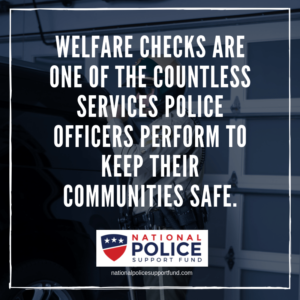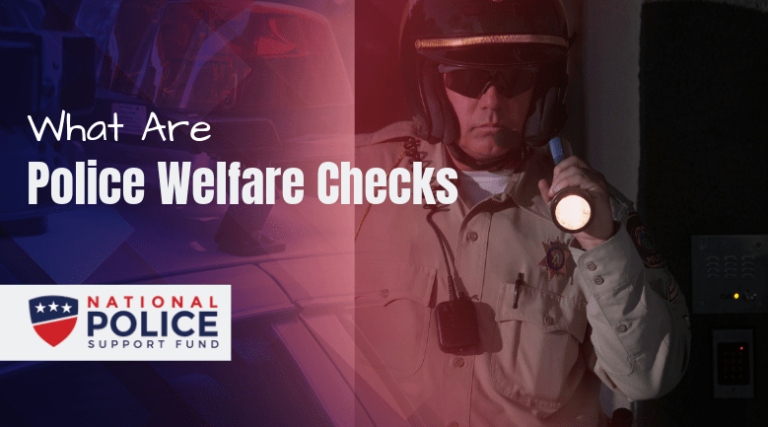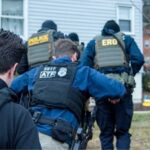One of the many critical services police officers provide are welfare checks. Welfare checks are made when concerned citizens fear for the safety of a loved one or neighbor whom they fear may be in mortal danger. Here are a few key facts on police welfare checks.
Police welfare check scenarios
There are many scenarios that can lead citizens to ask for a welfare check. For example, if someone usually sees their elderly neighbor at a certain time every day, but has not seen that person for a few days, it may be cause for concern. Or if someone usually receives a call from a loved one on a certain day and time every week, but has not heard from them in an unusually long time, they may want to contact the police to perform a welfare check. No matter what the situation, there are certain steps citizens must take to call in a police welfare check.
Welfare checks do not require warrants

When citizens seek a police welfare check, they will likely be asked about the person in question such as if they have known medical issues and other factors that led the concerned citizen to seek out a welfare check. Since no court issued warrant is required for a welfare check, police officers must be reasonably certain that a person could be in danger before they perform a welfare check.
Welfare checks are one of the countless services police officers perform to keep their communities safe. Although we may usually think of officers patrolling the streets and responding to crime, welfare checks are another very important way that police officers keep us all safe.
Once the police determine a welfare check is needed, they are given discretion to act as the situation dictates. For example, if they knock on the door, announce themselves and hear no response, they have the authority to enter the residence even though they do not have a warrant. Once inside, they are able to act on whatever the situation presents. This aspect of police welfare checks can be controversial if police discover that illegal activity is happening on the premises and take appropriate action. However, the law gives police officers the authority to act in whatever manner they deem necessary when performing welfare checks, including investigating unexpected criminal activity.









